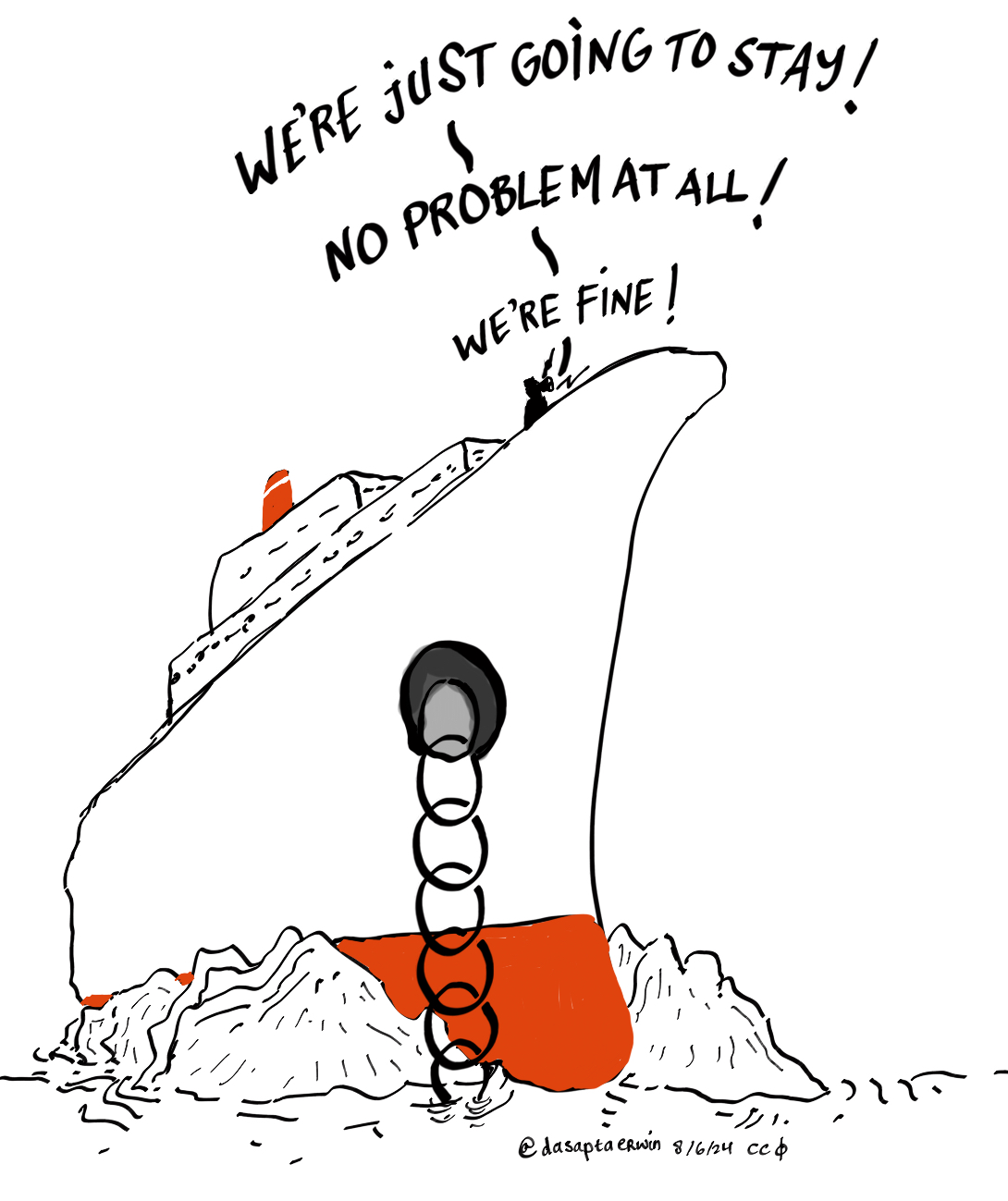
Indonesia has made significant strides in open-access publishing, becoming a leading producer of open-access documents. However, several challenges hinder further progress, including reliance on expensive foreign platforms, financial constraints, and stringent academic regulations. The emphasis on publishing in high-impact journals for university rankings distorts the open-access initiative, leading to shortcuts and potential misconduct among academics. The Ministry of Education’s regulations prioritize costly, high-profile journals, straining budgets and limiting research accessibility.
The article stresses the need for Indonesia to adopt broader and fairer open science principles while promoting local journals to maintain research integrity. It highlights how global rankings influence policies, pushing high-cost open access publishing. To fully embrace open science, Indonesia should create a balanced, inclusive academic environment, moving away from biased ranking systems.
Collaboration with other Global South nations could help build a more relevant global context, valuing academic contributions based on genuine impact rather than rankings. By investing in local institutions and supporting local journals, Indonesia can improve research quality and accessibility, fostering a more equitable academic community.
